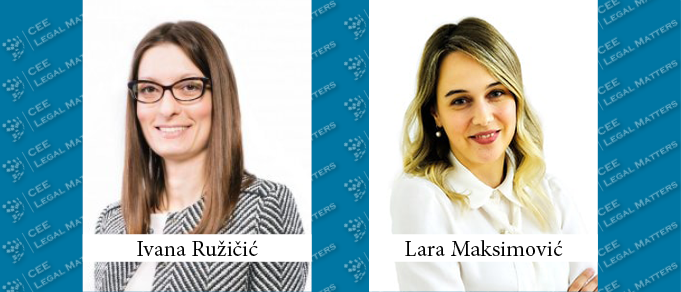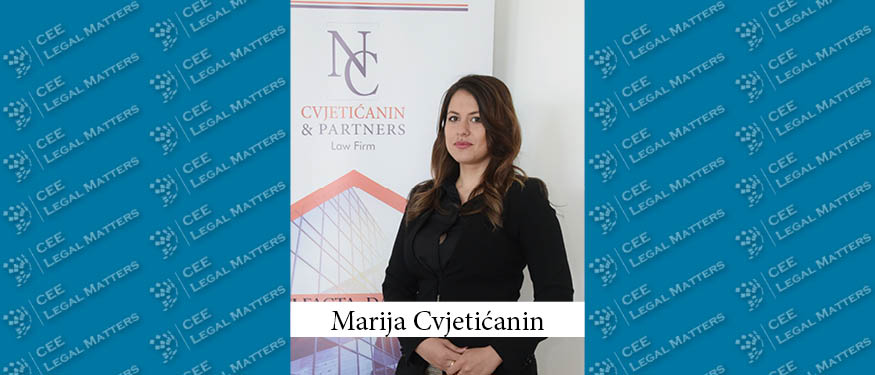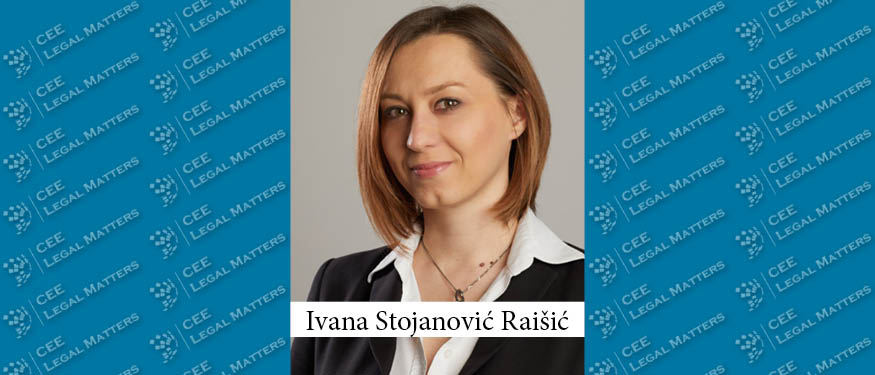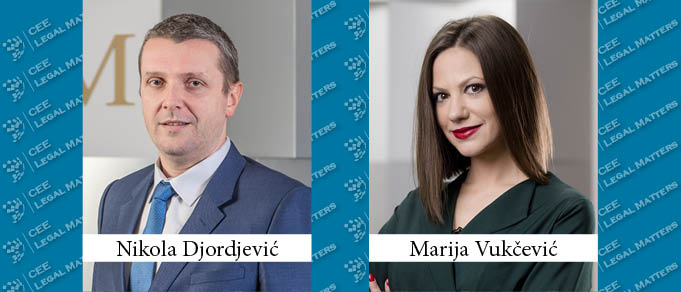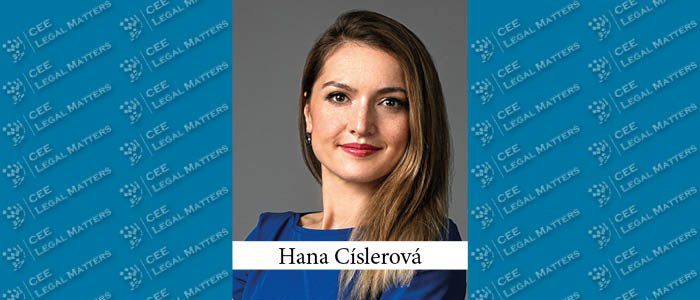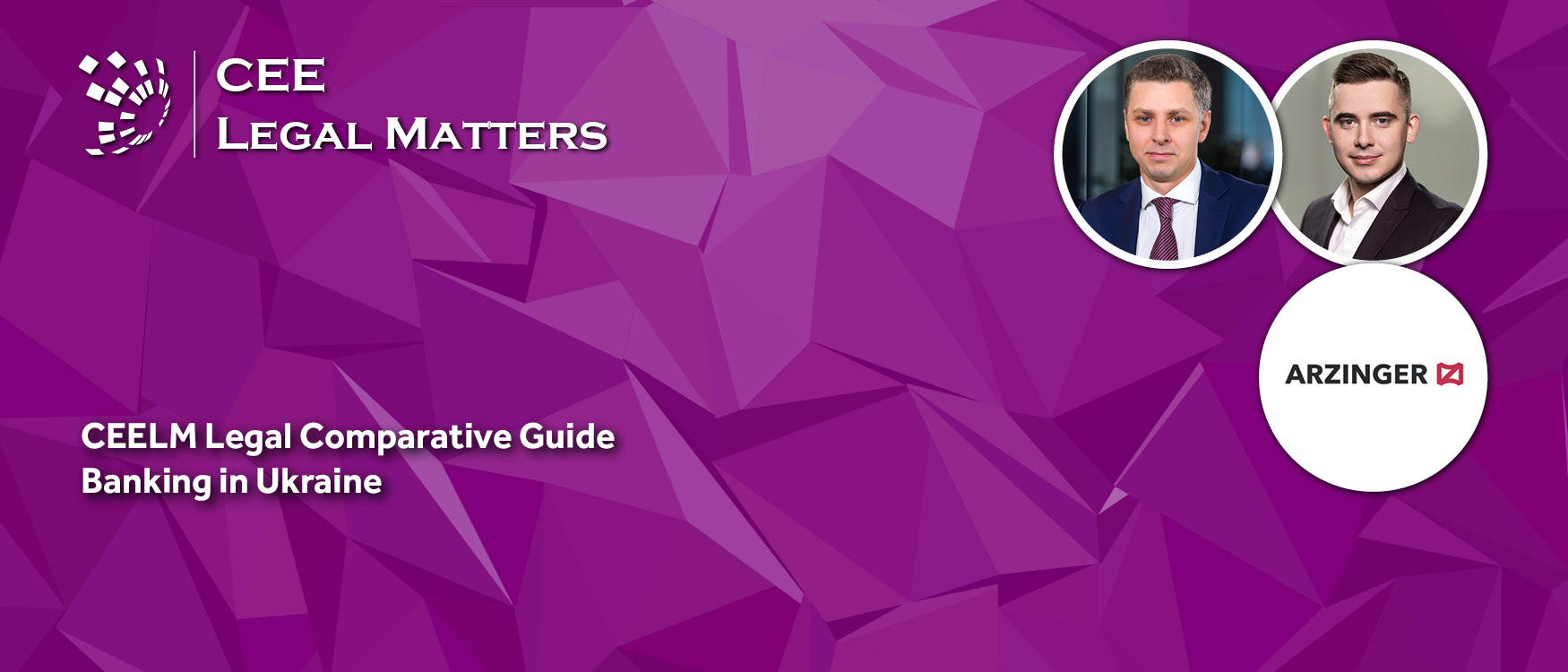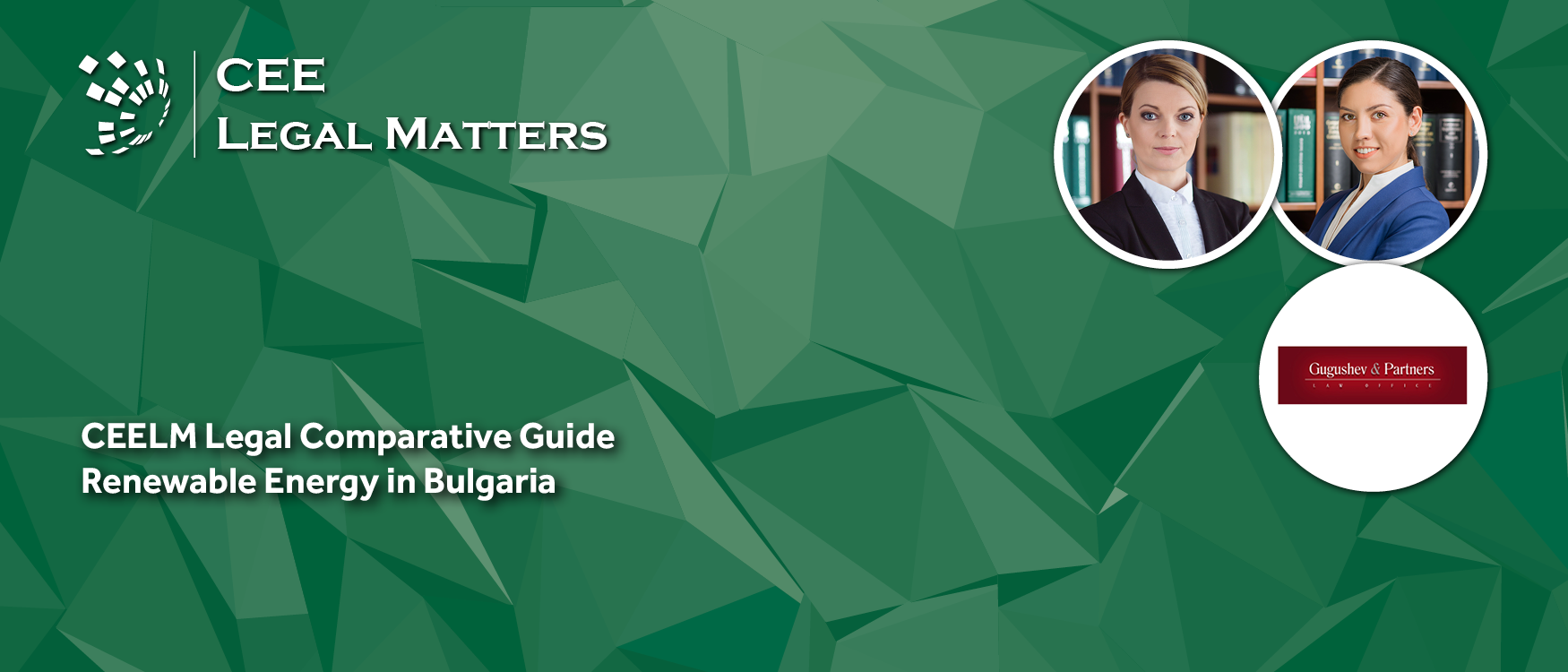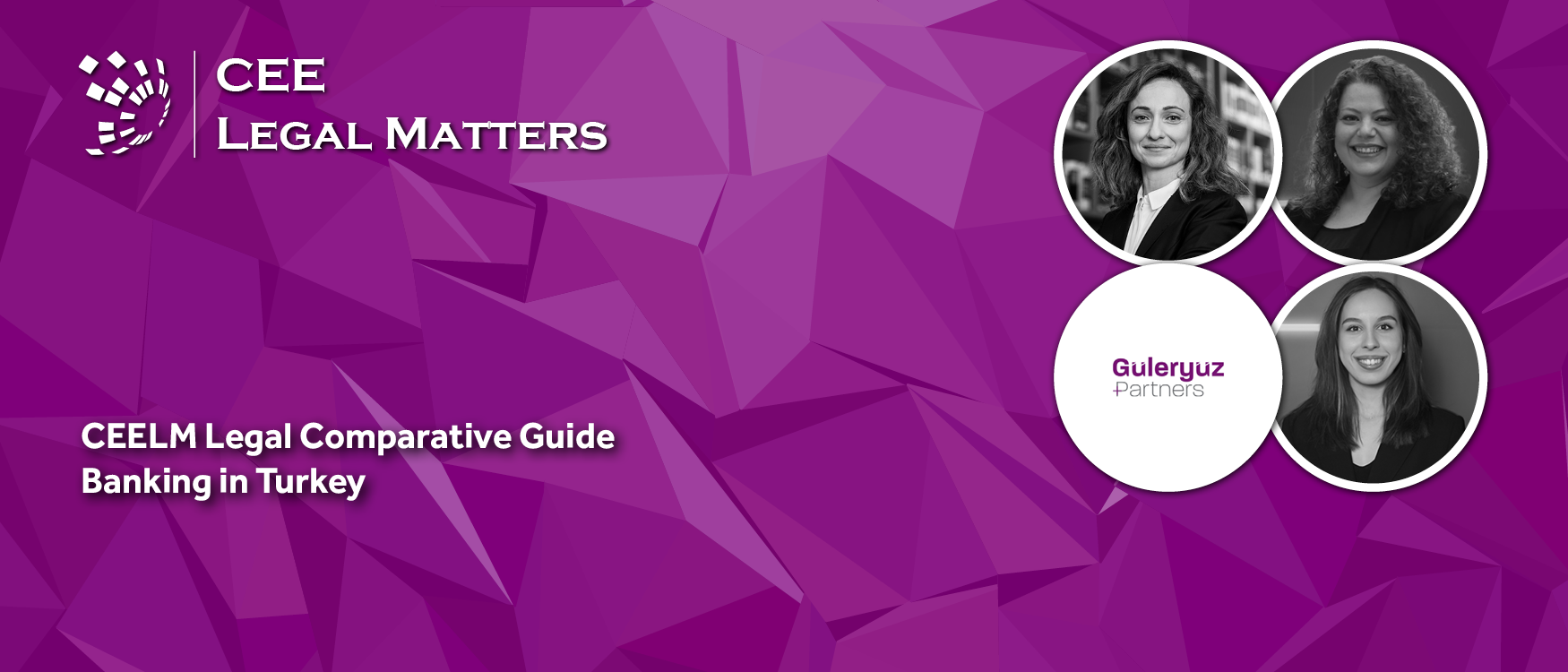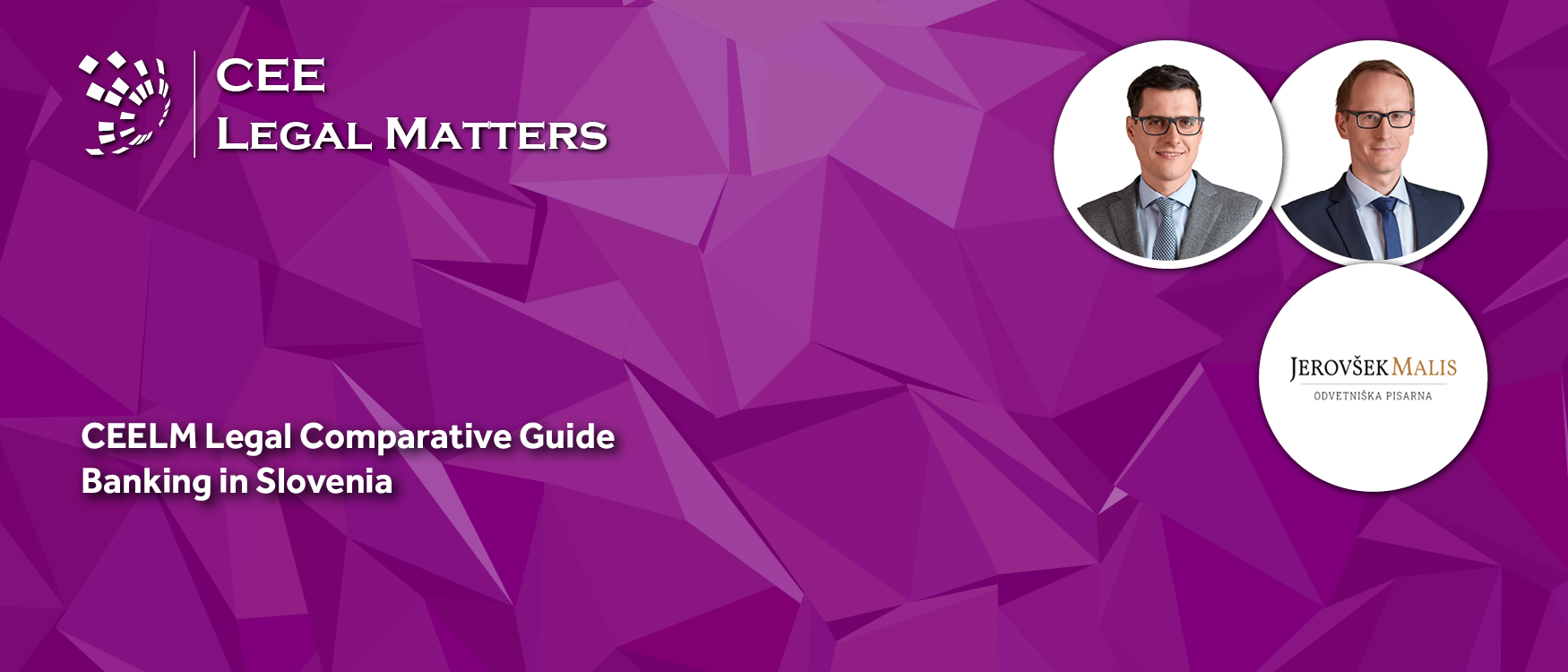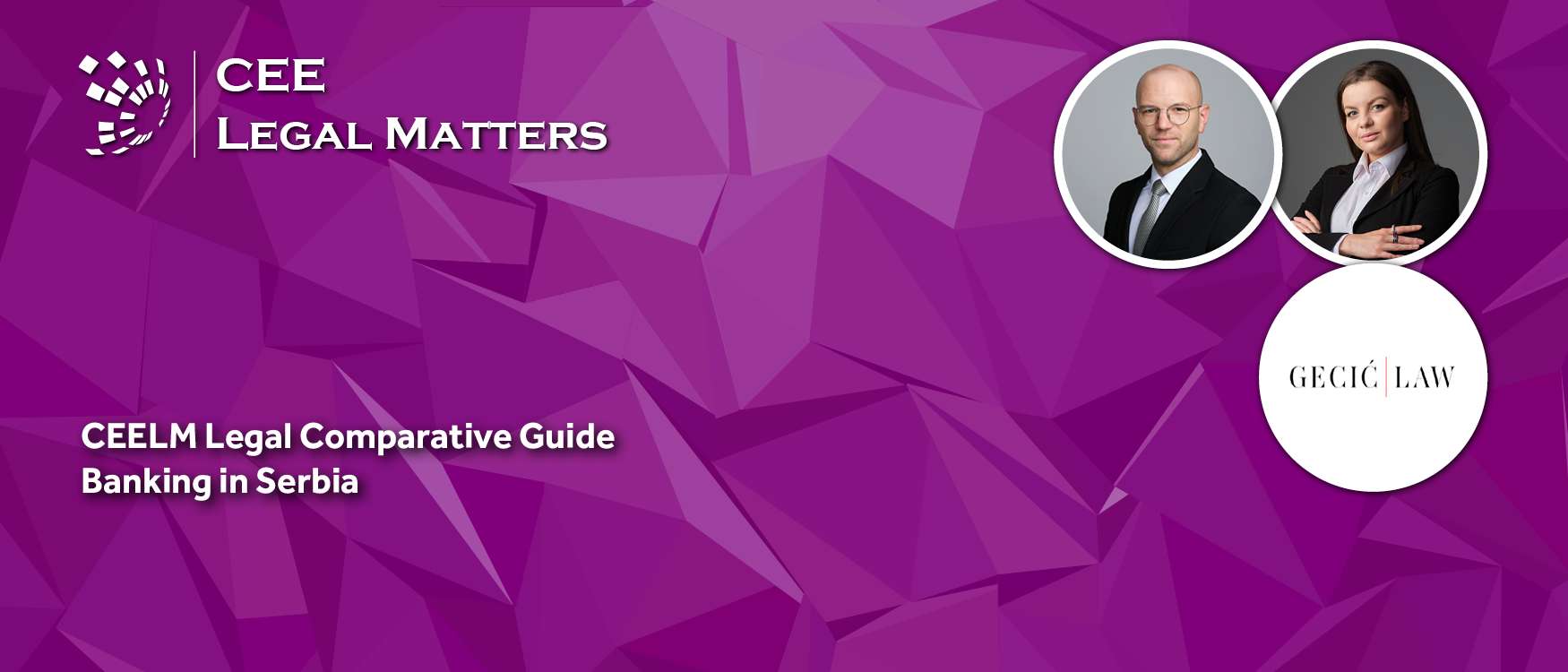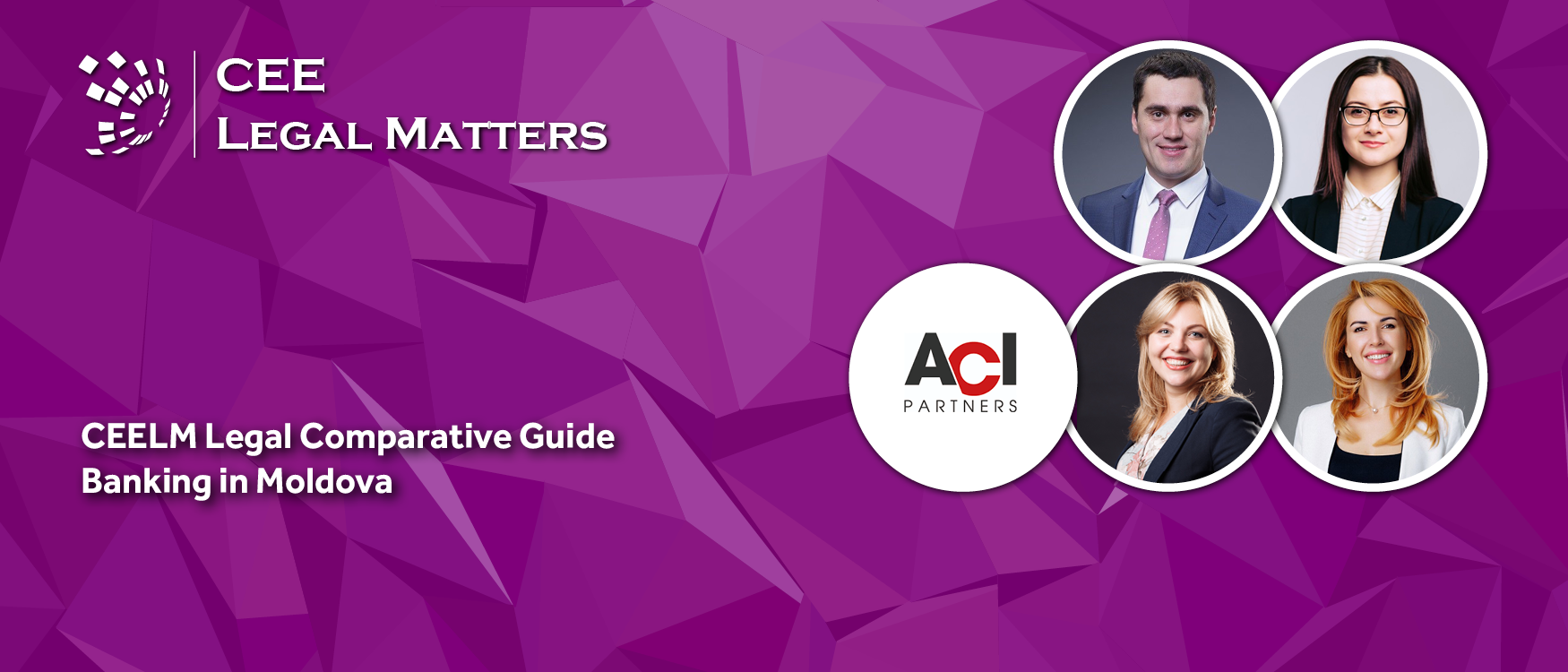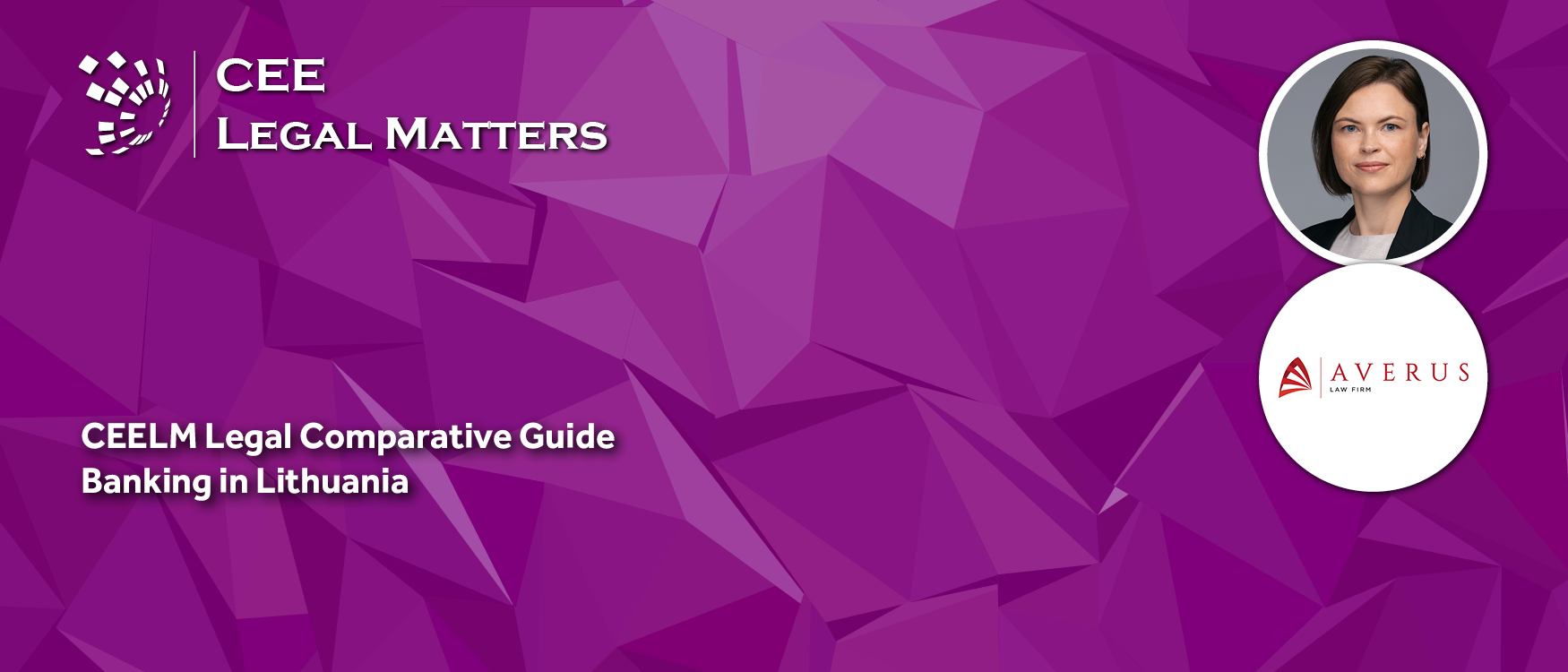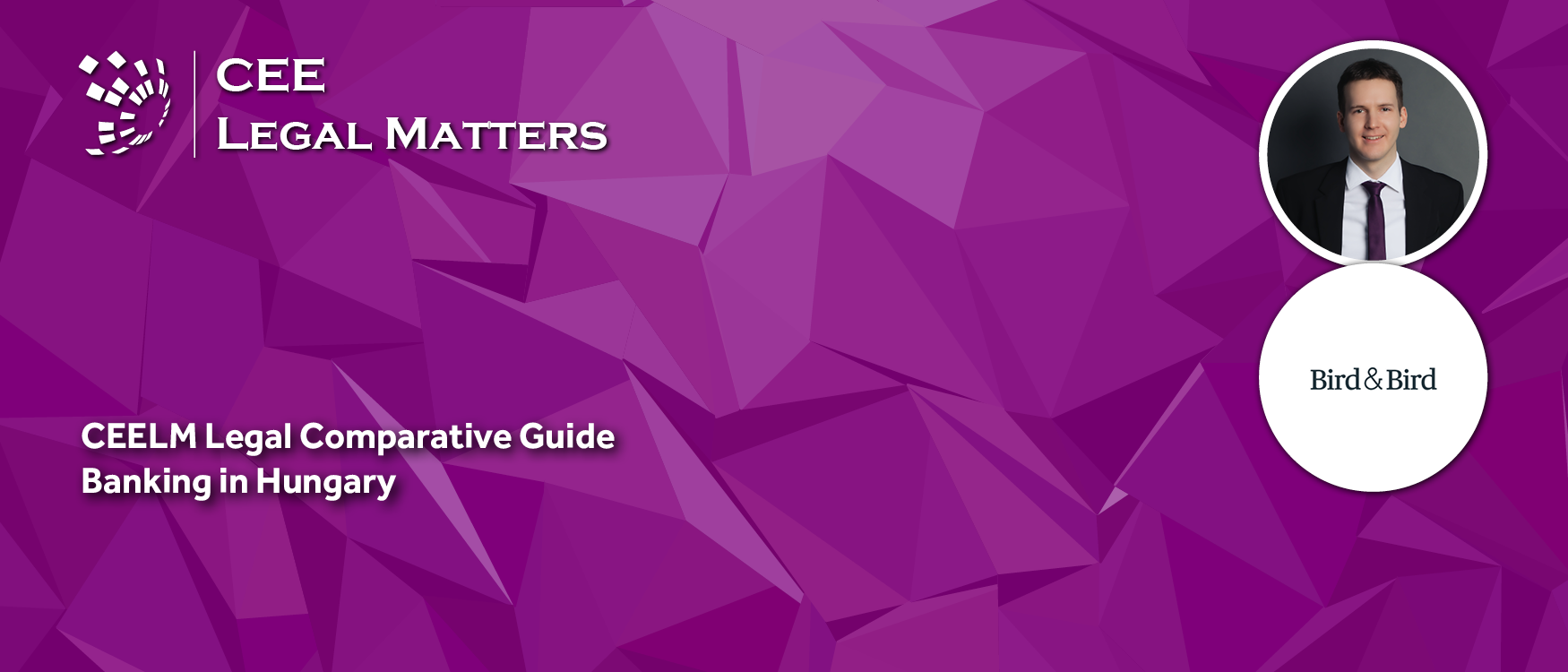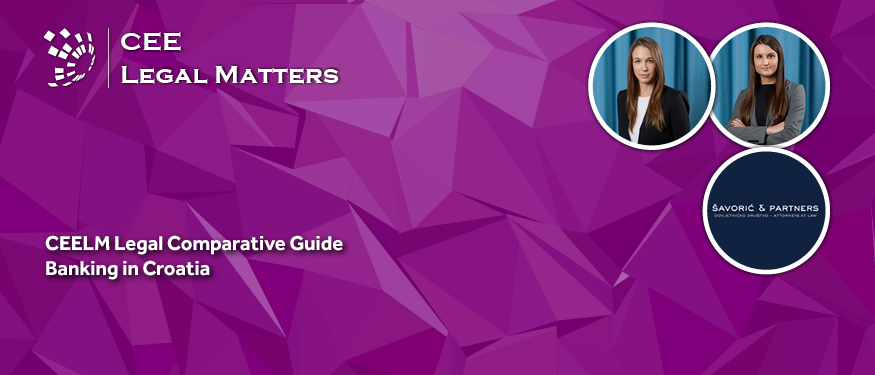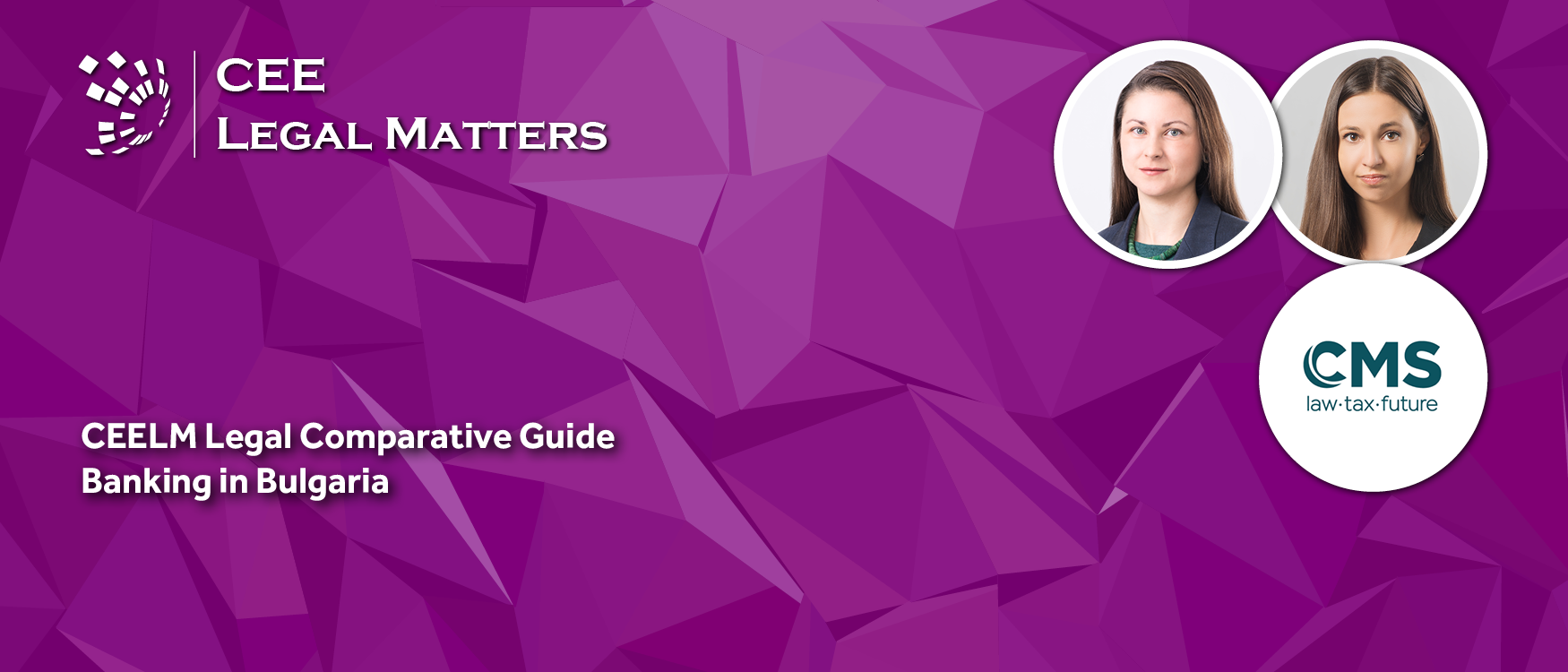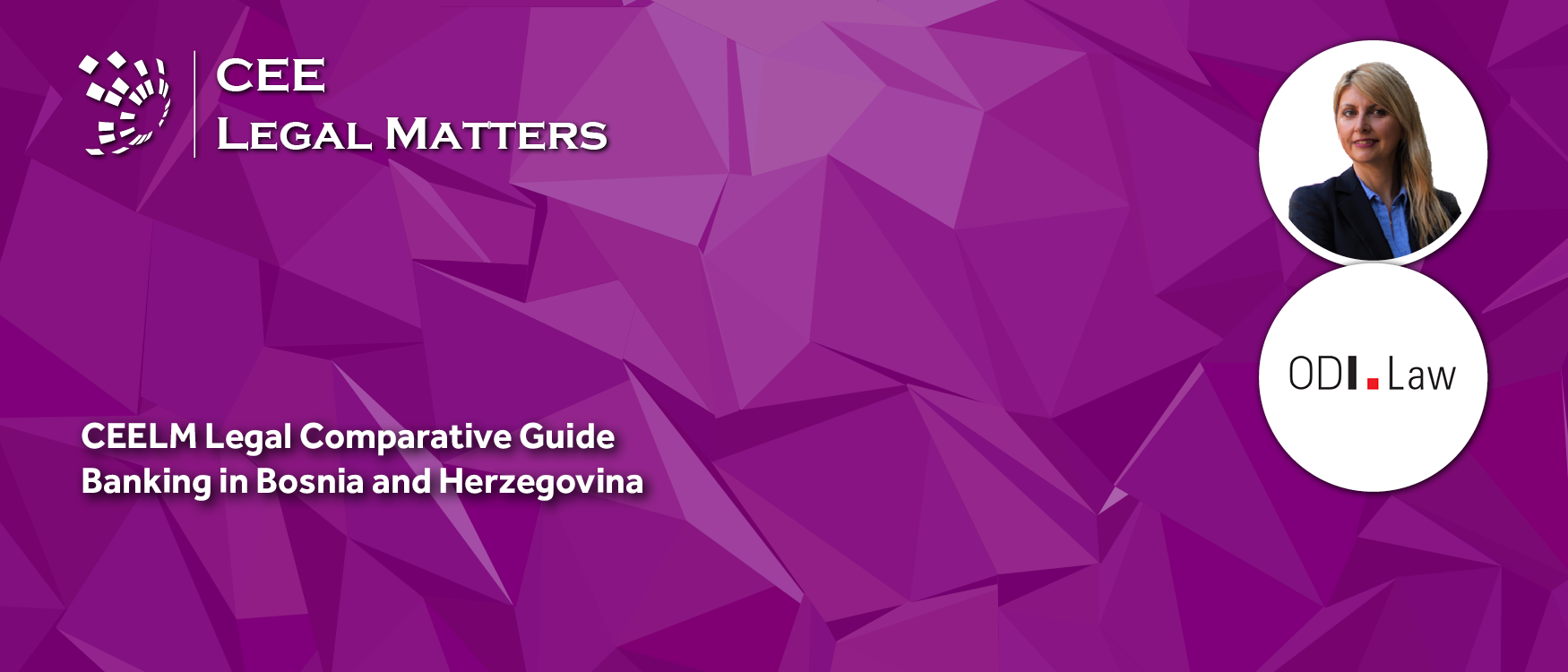The Ministry of Finance of the Republic of Serbia has recently issued the opinion no. 011-00-313/2022-04 (“the Opinion”), which refers to taxation of the fees paid by resident legal entities to non-residents for leasing servers abroad.
Employment of Foreigners in Serbia Is Undergoing Radical Changes
Serbian Parliament is currently deciding on two laws of major importance for foreigners seeking job opportunities or establishing businesses in Serbia. The first proposal concerns the Law on Foreigners, and the second the amendments to the Law on Employment of Foreigners. These two legal acts form general criteria for entry, movement, stay, and return of foreigners, as well as the conditions and procedures for the employment of foreign citizens in the Republic of Serbia.
New Block Exemption Regulations and Guidelines on Horizontal Agreements
Starting from July 1, 2023, the newly adopted Horizontal Block Exemption Regulations on Research and Development Agreements (“R&D“) and Specialisation agreements (together “HBERs“) shall take effect in the EU.
Can the Right to Be Heard in Appeals Be Restricted in Hungary?
In Hungarian civil and commercial litigations, the second instance court reviews the case in camera, yet either party has the right to request an oral hearing in the appeal procedure. Is the second instance court bound by such a request? Is the failure to hold an oral hearing considered as a serious breach, based on which new procedure shall be conducted? We answer these questions by analysing recent decision of the Hungarian Supreme Court in this article.
Tax Incentives for Renewable Energy Sources, Current Status and Possibilities
The energy development strategy of the Republic of Serbia until 2025 with projections until 2030, as well as the Integrated National Energy and Climate Plan, which is
currently being developed and adopted, foresee an increase in the share of energy obtained from renewable energy sources in the energy balance of the Republic of Serbia
as a strategic goal.
Transforming Transportation: Tender Published for New Railway Section Construction in North Macedonia
The Public Enterprise for Railway Infrastructure Railways of the Republic of North Macedonia – Skopje has published a contract notice for project implementation support and safeguard services for the construction of a new railway section from Kriva Palanka to the border with the Republic of Bulgaria (“Project”). The 24 km section is the last part – the third phase of the railway Corridor VIII to the Republic of Bulgaria.
A Single Patent for All of Europe and a Central Patent Court? Already Realities
Just in time for Children's Day, the dreams of many adult inventors came true!
Banking & Finance in Ukraine
Contributed by Arzinger.
Renewables in Bulgaria
Contributed by Gugushev & Partners Law Office
Banking & Finance in Turkey
Contributed by Guleryuz & Partners.
Banking & Finance in Slovenia
Contributed by Jerovsek & Malis.
Banking & Finance in Serbia
Contributed by Gecic Law.
Banking & Finance in Moldova
Contributed by ACI Partners.
Banking & Finance in Lithuania
Contributed by Averus.
Banking & Finance in Hungary
Contributed by Bird & Bird.
Banking & Finance in Croatia
Contributed by Savoric & Partners.
Banking & Finance in Bulgaria
Contributed by CMS.
Banking & Finance in Bosnia & Herzegovina
Contributed by ODI Law.

